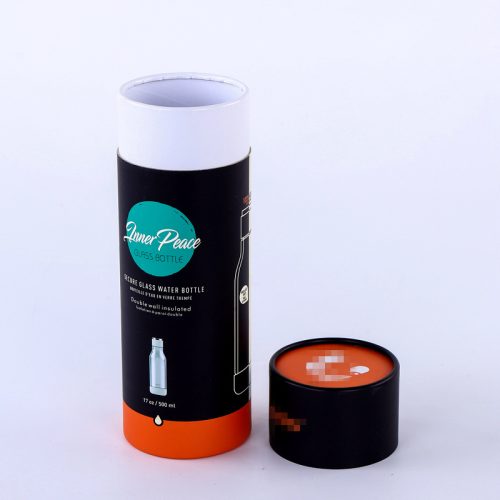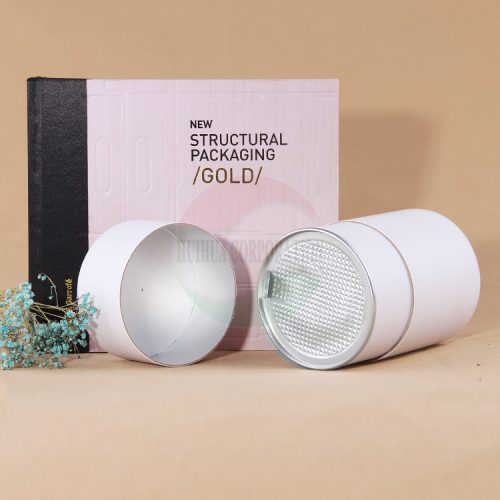Your coffee cup holds more than just a brewed beverage; it often carries a world of secrets, stories, and intricate details that contribute to your coffee-drinking experience. Here are some “secrets” your coffee cup might reveal:
- Origin and Terroir: The coffee beans inside your cup come from a specific region or country. The soil, climate, altitude, and even the local flora influence the beans’ flavor and aroma. This concept is similar to the terroir that influences wine.
- Processing Method: The way the coffee beans were processed after harvesting can greatly affect the final flavor. Whether they were dry-processed, washed, or semi-washed plays a role in the cup’s profile.
- Roast Level: The roast level of your coffee beans determines the balance between acidity, body, and bitterness. Light roasts preserve more of the bean’s natural flavors, while dark roasts develop deeper, roasted notes.
- Blend or Single Origin: Your coffee might be a single origin or a blend of beans from different regions. Blends are crafted to achieve specific flavor profiles, while single origins showcase the unique flavors of a particular place.
- Bean Variety: There are several coffee bean varieties, each with distinct flavor characteristics. Varieties like Arabica and Robusta have their own profiles and are often blended to achieve desired results.
- Freshness: Coffee tastes best when freshly roasted and ground just before brewing. The freshness of your beans affects the aromas and flavors you’ll experience in your cup.
- Brewing Method: How your coffee was brewed matters. Different methods (espresso, drip, French press, etc.) extract flavors differently, resulting in varied taste profiles.
- Water Quality and Temperature: The water used to brew your coffee should be clean and at the right temperature. Water quality affects the taste, and water that’s too hot or too cold can impact extraction.
- Brew Time: The time your coffee spent brewing influences its strength and flavor intensity. Under-extraction (short brew time) can result in sourness, while over-extraction (long brew time) can lead to bitterness.
- Barista Skills: If your coffee was made by a skilled barista, their techniques and attention to detail contribute to the final taste. From tamping the espresso to pouring latte art, baristas are coffee artisans.
- Your Senses: Your individual senses play a crucial role in the experience. Your sense of smell, taste, and even your mood can affect how you perceive the flavors and aromas in your cup.
- Memories and Moments: Your coffee cup might hold memories associated with the aroma or taste of coffee—comforting mornings, meaningful conversations, or serene moments of solitude.
- Cultural Significance: Coffee is often deeply intertwined with culture and tradition. Your cup might carry the history and rituals of coffee-drinking in various parts of the world.
- Sustainability and Ethics: Some coffee cups tell a story of sustainability, fair trade, and ethical sourcing. You might be supporting environmentally responsible and socially conscious practices.
- Curiosity and Exploration: Every cup is an opportunity to explore and learn more about coffee. Curiosity about different origins, brewing methods, and flavor profiles can lead to delightful discoveries.
So, the next time you hold your coffee cup, take a moment to contemplate the secrets it holds—secrets that connect you to a world of flavors, cultures, and stories.


